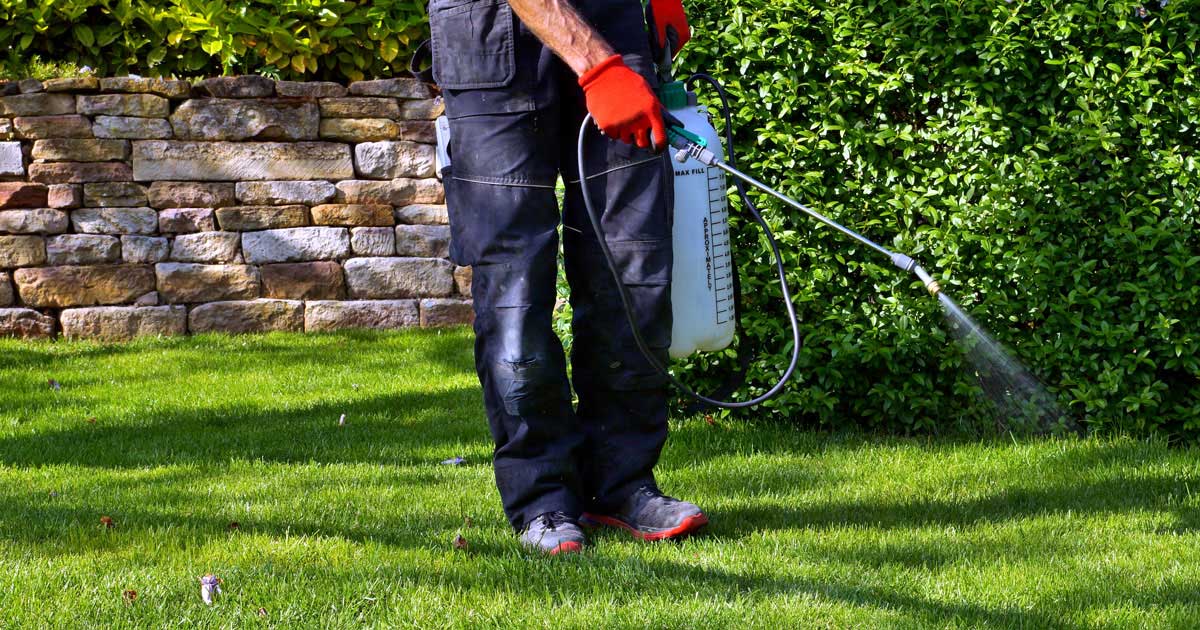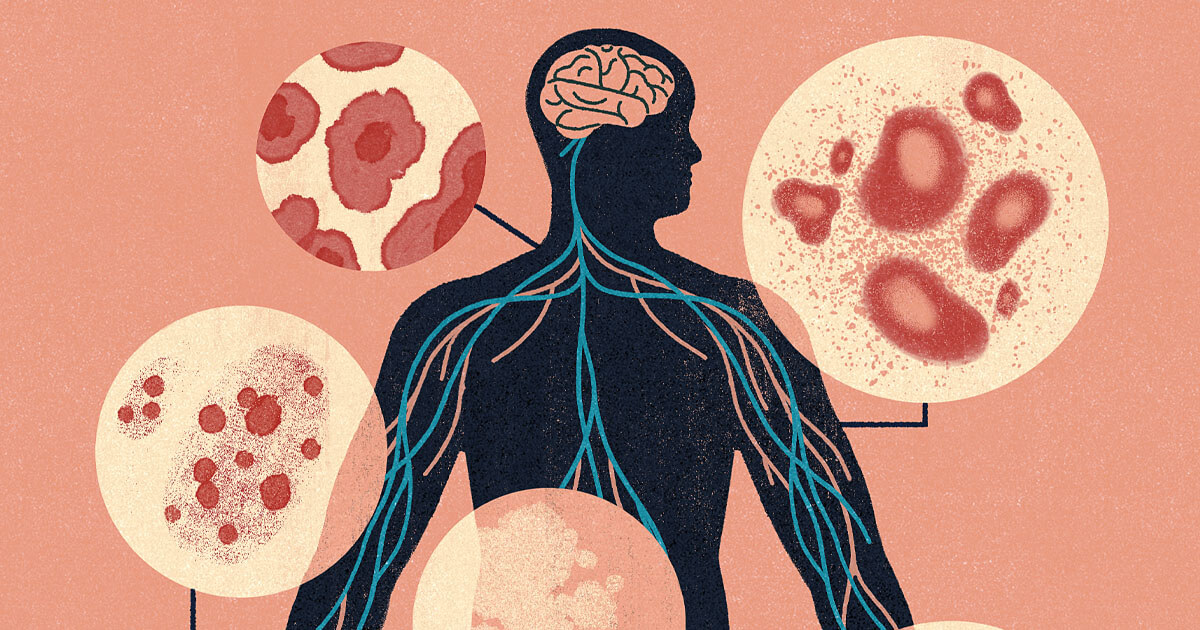Reboot your diet.
Eat more fruits and vegetables, lean protein, and whole grains, and avoid starchy carbohydrates, sugar, and MSG, says Kathleen Digre, MD, FAAN, chief of the division of headache and neuro-ophthalmology at the University of Utah in Salt Lake City. “Most people with migraine have to eat regularly; some have to eat something every two hours.”
Stick to a sleep schedule.
Aim for eight hours of shut-eye per night, and go to bed and wake up at the same time every day, advises Jessica Ailani, MD, FAAN, director of the MedStar Georgetown Headache Center in Washington, D.C. “Dim the lights, avoid screens, and create a relaxing bedtime routine.”
Exercise regularly.
Do some form of aerobic exercise—such as walking briskly, biking, or swimming—each day, enough to add up to 150 minutes of physical activity per week, Dr. Ailani says. “It should be intense enough so that you can talk but not sing.” Yoga and tai chi are also good. Be careful with strength training, Dr. Digre cautions. “The exertion from weight lifting can trigger migraine for some people.”
Watch what you drink.
If you drink coffee, limit yourself to one cup per day. Too much caffeine can trigger a migraine or interrupt your sleep, says Teshamae Monteith, MD, FAAN, chief of the headache division at the University of Miami Miller School of Medicine. Avoid soda, drink plenty of water throughout the day, and limit your alcohol intake, says Dr. Digre. “Some people can tolerate certain kinds of alcohol, but for others it's an instant migraine trigger.”
Ease your stress.
Incorporate relaxation and other mind-body practices such as mindfulness meditation or biofeedback into your day, Dr. Digre says. “For some people with migraine, cognitive behavioral therapy [CBT] is as good as medication.” CBT is a form of talk therapy that teaches people how to change their thought patterns and unhelpful behaviors to improve their ability to cope with problems and feel better, physically and emotionally. A review in Medicina in 2022 found that CBT significantly reduced headache frequency and intensity in people with migraine.
Read More
- Exploring New Medication Options for Migraine Relief
- Five Ways to Sleep Well
- Cognitive Behavioral Therapy Can Help Manage Neurologic Symptoms

